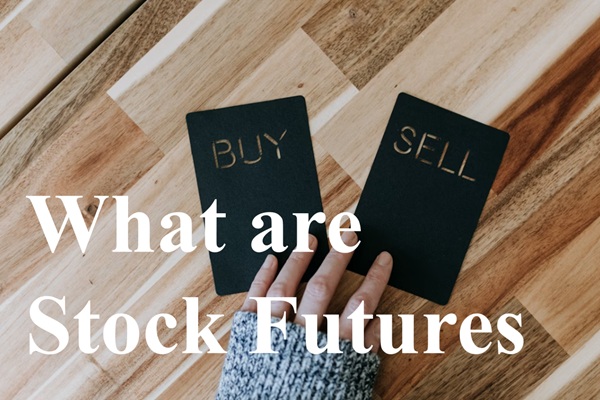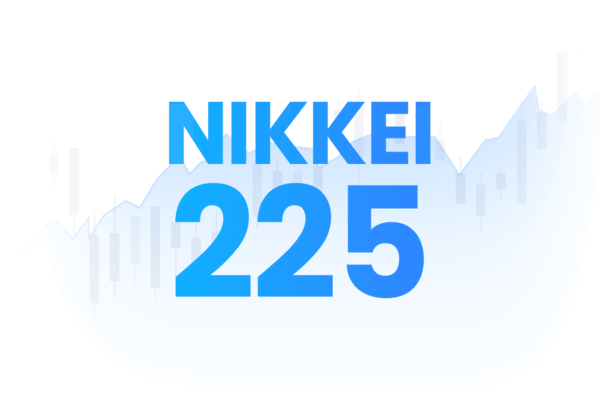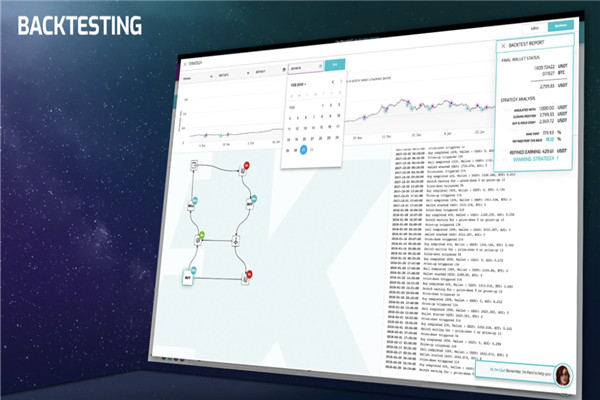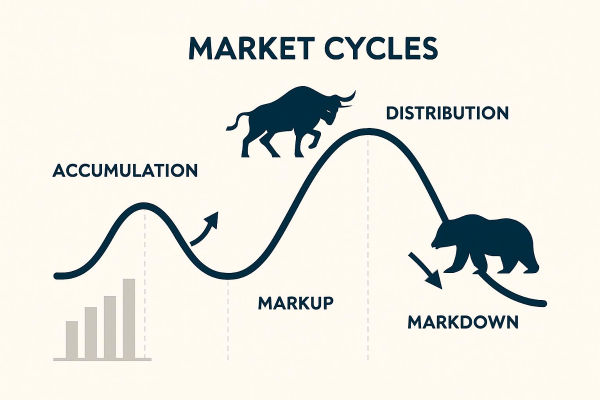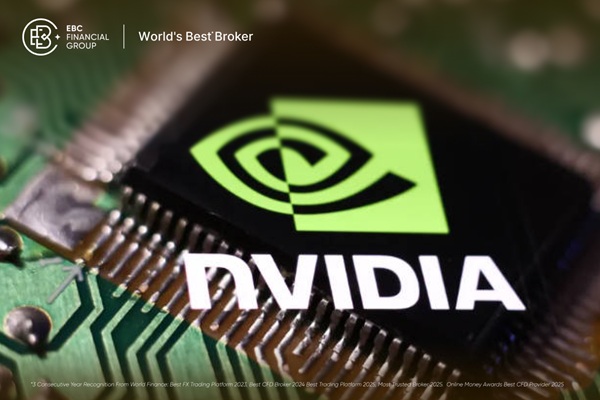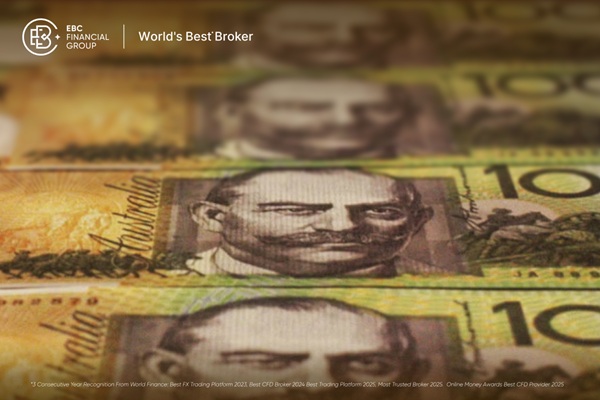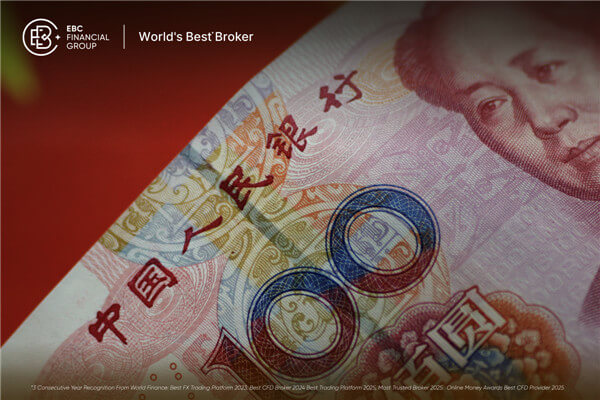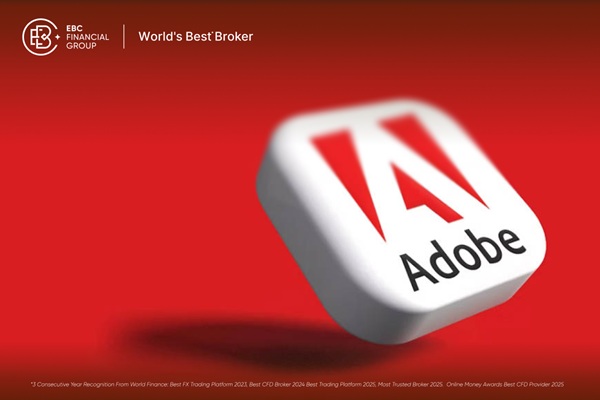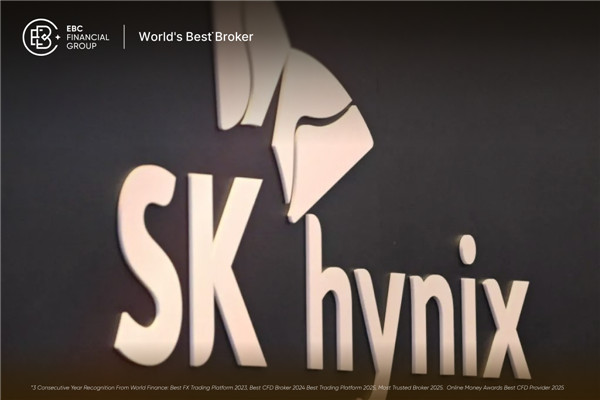Stock index futures have the following characteristics:
(1) Intertemporal - Stock index futures are contracts where both trading parties predict the trend of stock index changes and agree to trade at a certain time in the future under certain conditions. Therefore, the trading of stock index futures is based on future expectations, and the accuracy of expectations directly determines investors' profits and losses.
(2) Leverage - Stock index futures trading does not require full payment of contract value funds, and only a certain proportion of margin is required to sign larger value contracts. For example, assuming that the margin for stock index futures trading is 12%, investors only need to pay 10% of the contract value to trade. In this way, investors can control contract assets that are 8 times the amount invested. Of course, while the returns may be multiplied, the losses that investors may bear are also multiplied.
(3) Linkage - The price of stock index futures is closely related to the changes in its underlying asset, the stock index. The stock index is the underlying asset of stock index futures, which has a significant impact on the price changes of stock index futures. At the same time, stock index futures are expectations of future prices, and therefore have a certain degree of reflection on stock indices.
(4) High risk and diversity of risks - The leverage of stock index futures determines its higher risk than the stock market. In addition, stock index futures also have certain credit and settlement risks, as well as liquidity risks caused by the lack of trading counterparties in the market that cannot be liquidated.
The full name of stock index futures is stock price index futures, also known as stock index futures or futures index, which refers to standardized futures contracts with stock index as the subject matter. Both parties agree that at a specific date in the future, they can buy and sell the target index according to the predetermined size of the stock index. As a type of futures trading, stock index futures trading has basically the same characteristics and processes as ordinary commodity futures trading.
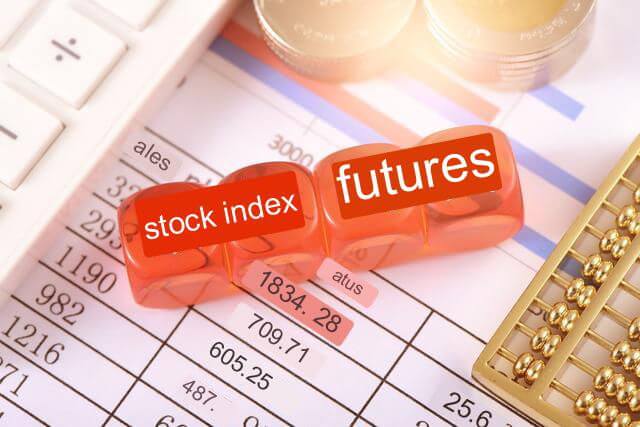
The Basic Characteristics of Stock Index Futures
1. Common characteristics of stock index futures, other financial futures, and commodity futures
Contract standardization. The standardization of futures contracts refers to the fact that all terms of futures contracts, except for prices, are predetermined and have standardized characteristics. Futures trading is carried out by buying and selling standardized futures contracts.
Centralized trading. The futures market is a highly organized market and implements strict management systems, with futures trading completed centrally within the futures exchange.
Hedging mechanism. Futures trading can terminate performance obligations through reverse hedging operations.
Daily debt free settlement system. After the end of daily trading, the exchange adjusts the margin account of each member based on the settlement price of the day to reflect the profit or loss of the investor. If the price changes in a direction that is unfavorable for investors to hold their positions, investors will need to add margin after daily settlement. If the margin is insufficient, investors' positions may be forced to close.
Leverage effect. Stock index futures use margin trading. Since the amount of margin to be paid is determined according to the market value of the index futures traded, the Exchange will decide whether to add margin or withdraw the excess according to the price change of the market.
2. The unique characteristics of stock index futures themselves
The subject matter of stock index futures is a specific stock index, and the quotation unit is calculated in index points.
The value of a contract is expressed as the product of a certain currency multiplier and the stock index quote.
The delivery of stock index futures adopts cash delivery, not through the delivery of stocks, but through the settlement of price differences to settle positions in cash.
The difference between stock index futures and commodity futures trading
The underlying indices are different. The subject matter of stock index futures is a specific stock price index, not a real underlying asset; The object of commodity futures trading is commodities with physical form.
The delivery methods are different. Stock index futures are delivered in cash, and positions are settled in cash by settling the price difference on the delivery date; Commodity futures, on the other hand, adopt physical delivery and are liquidated through the transfer of physical ownership on the delivery date.
The degree of standardization of contract expiration dates varies. The expiration date of stock index futures contracts is standardized, usually in March, June, September, December, and other months; The expiration date of commodity futures contracts varies depending on the characteristics of the commodity.
The holding costs are different. The holding cost of stock index futures is mainly financing costs, without physical storage costs. Sometimes, the stocks held also have dividends. If the dividends exceed the financing cost, holding income will also be generated; The holding cost of commodity futures includes storage costs, transportation costs, and financing costs. The holding cost of stock index futures is lower than that of commodity futures.
Speculative performance varies. Stock index futures are more sensitive to external factors than commodity futures, and their prices fluctuate more frequently and violently, making them more speculative than commodity futures.
【 EBC Platform Risk Reminder and Disclaimer 】: There are risks in the market, and investment needs to be cautious. This article does not constitute investment advice.





